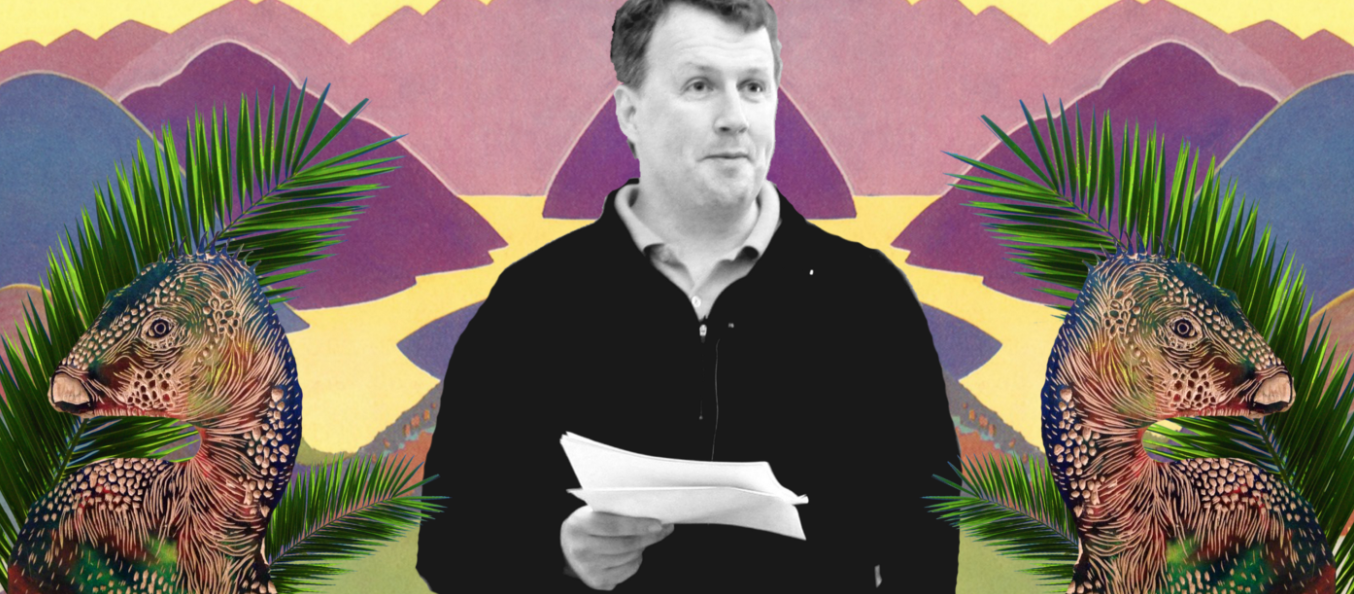The founder's dilemma

From what we see at The Family, I can tell you that besides simply running out of cash, the vast majority of startups that fail can trace that failure back to a problem between founders. If a team is not really together and on the same page, it’s much harder to do something great. And choosing a cofounder comes back to a few questions about who you are as an entrepreneur. How can you be a leader? How can you build a great team? Because in the end, managing the relationship between cofounders is the most intimate aspect of managing a team.

What ‘PG’ said
To evaluate a founding team, you can go back to some advice given by Paul Graham years ago. The qualities that he outlined, determination, flexibility, imagination, naughtiness and friendship, are a great place to start evaluating yourself and anyone else would could be on your founding team.
Before we go on, though, notice what isn’t there. Intelligence is not on that list. If you ask people what makes a good founder, most of them are going to say that the founder needs to be smart. And that’s because a lot of people want that to be true, they want to believe that the people who built great companies are smart. And it’s not necessarily true. Now, that doesn’t mean that a good founder is stupid. But what we can say is that being stupid or smart doesn’t have any real influence over whether or not you will be a good founder.
In reality, being smart or stupid has less impact on whether someone will be a good founder than on what market they should aim at. For example, if you know that you’re not the smartest person, head toward real estate — it’s a field where you don’t need to be smart in order to be a good, successful founder. But if you’re Elon Musk, you’d get bored with real estate. And so he looked to revolutionize cars, and then solar power, and now he’s trying to go to Mars. Why? Because even for Elon Musk, going to Mars is hard. Making sure that he is always aiming at a market that keeps him interested is the best way for him to not get bored. And being bored is a death sentence for an entrepreneur.
As helpful as Paul Graham’s qualities can be to start thinking about yourself and your founding team, it’s important to remember that there are no golden rules and that no person and no team is going to be at the very top of every single quality. It’s not a question of making sure that you fit the blocks together properly. In the end, the biggest need is to create your own story as cofounders, to have a completely transparent way of interacting together, and exercising flawless leadership together. And no cofounding team is simply born perfect: perfect teams grow up together, they get better together, and they become perfect.

Part of communicating honestly and openly is knowing who does what within the team.
Let me be clear: there is only one CEO. And the CEO isn’t necessarily the smartest guy in the room. It’s not necessarily the person who had the idea. Let me be clear about another thing: ideas have no value. You don’t have to make someone CEO just because they had an idea (and you don’t need to give them more equity, either). Never put yourself in a position where you think that having an idea gives you the right to anything other than the warm, fuzzy feeling of having had an idea.
The CEO is the person who you agree has the ultimate responsibility, the person who is making the final decision. That’s not something that should be taken lightly. It should be clear within your team who is best suited for that role. People like the title of CEO, and they like the perks, and they like the idea that everything that goes well for the company will be attributed to them. And that’s necessary in a good company. You want your CEO to stand out in a way that strikes fear in your competitors, you want them to say, “Dammit, how does she keeping doing it?”
But there are downsides to being CEO as well. You have to be an excellent manager, and that’s hard. It’s hard to nourish all of the relationships within the company, to have open conversations when things aren’t going well, to personally handle the most difficult times in the life of a startup. That’s why my advice is to always make the most sensible person on your team the CEO. The most sensible person is the one who will be best able to clearly understand what is going on within your team, and that’s what makes a great manager.

The reason it’s so hard to be the CEO is because a startup isn’t a democracy.
You can go online and find articles about alternative management structures, no managers, flattened hierarchies, all of that. And maybe those are good things in a big, established company that needs to shake itself awake. But in a startup, which is a small group of people working on a problem, the downside of democracy is huge. All good startups are tyrannical. You can quickly identify good startups when you see that one person can make a decision, going against everyone else’s opinion, and the startup survives and keeps growing. Startups aren’t the place to be if you want to listen to everyone’s opinion. Startups are a place for execution and focus.
That doesn’t mean that the CEO manages every detail or decision. But if your startup is constantly having debates, if there are questions about strategy or culture or fundraising, you’re screwed. Incredible design, strategy and problem-solving come from one person having the courage to impose something on their company over the long term.

There’s an ability for escalation amongst a founding team that can go very bad, very fast.
Cofounding a company with someone is even more intense than living with them. You’re with them 24 hours a day. When something happens in the middle of the night, you deal with it together, when you travel, you travel together. You cannot imagine the amount of time that you spend with your cofounder. And if it goes wrong, it’s as bad — if not worse — as a divorce.
I’ve actually talked to divorce lawyers to try to understand how things can go so badly sometimes. And once, one of them told me something that stuck. He said, “If you want to understand human nature, you have to understand how two people, who saw each other naked for 15 years, can one day decide to never speak to each other again.” Understanding that comes down to an idea that we could call “emotional debt.” We train ourselves to accept certain things from the people who are closest to us. We use our debt with them, they use theirs with us, it goes up, it goes down, there’s a give-and-take. But sometimes, with some people, we reach a point where our emotional debt is used up. We’re emotionally bankrupt. And the only way out is to file for Chapter 11 and never talk about that debt ever again.
That situation should never happen with your cofounders. If you have an emotional debt with your cofounder, it needs to be immediately dealt with and in the open. Bad things will happen. Sometimes you’ll make a mistake, sometimes you’ll make a bad decision. Those issues have to be solved as quickly as possible, and most importantly, you have to be ok with the fact that they happened. A cofounding team needs to understand that they make mistakes together, that mistakes aren’t just on one individual. That doesn’t mean that everyone can just do whatever and there are no consequences. It means that you have to be able to evaluate mistakes, determine how important they are (and sometimes unimportant mistakes can cost a lot of money), and deal with them immediately, without using up all of your emotional debt.
(And a quick piece of advice: if you do get to the point of a cofounder divorce, just run away. The amount of time and emotional effort that you will spend in fighting about what happened, who is to blame, who is right and who is wrong, is so much more than if you simply decided to run away and start building something new. Write a check if you have to, but run away. Don’t drown yourself in that fight. It won’t bring anything positive to your life.)

Choosing a cofounder is the most important decision that you make when starting your company.
It’s even more important than choosing the project — just look at all of the projects people go through before finding the right one. Projects can change, but people don’t, not really. So don’t rush it — wait until you find the right person or people. Don’t go to a conference, meet someone at a cocktail hour and become convinced ten minutes later that you’ve found your cofounder. Work with as many people as you can, build your friendships and relationships, and honestly evaluate your strengths and weaknesses. And then one day, when it becomes clear that you have found the right cofounder, don’t take that relationship for granted. Keep developing your trust in them, keep your communication transparent, and keep your goals aligned.
No spam, no sharing to third party. Only you and me.